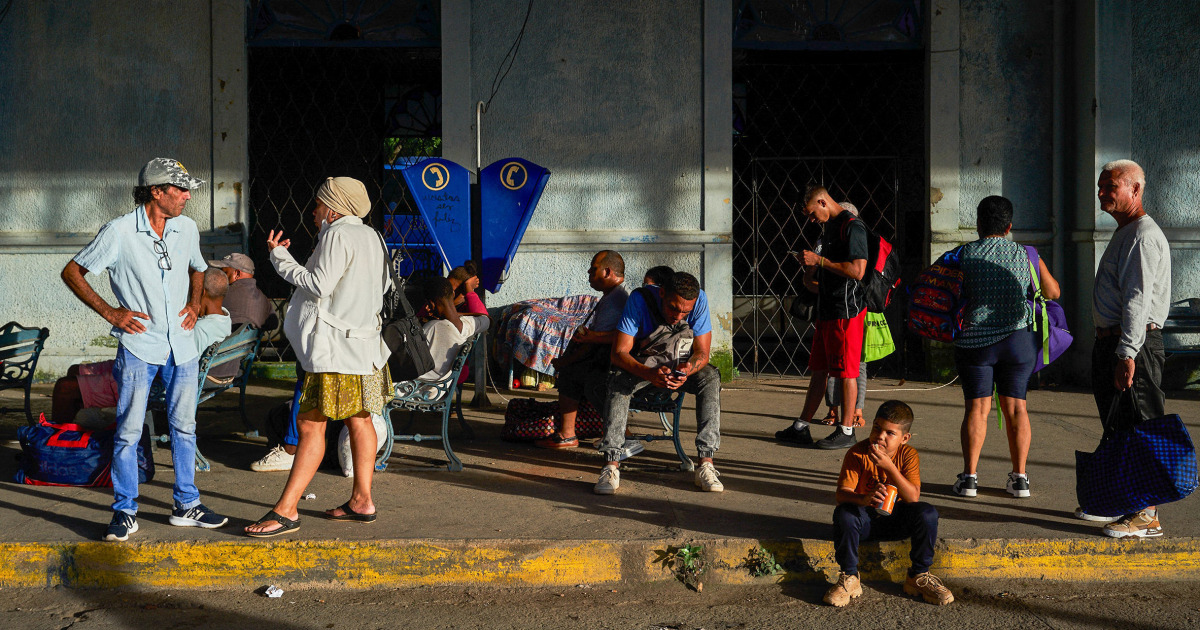HAVANA — The electricity went out Friday in Cuba, affecting the entire island’s population of 10 million after one of its main power plants failed, according to Cuba’s energy ministry.
On Friday evening, authorities announced power had been restored to about 20,000 residents of the capital, Havana, which has a population of 2 million.
Power outages have been chronic in Cuba for years and have worsened in recent months. But the situation was so critical in the past three days that the government took measures to keep the lights on.
On Thursday night, it announced schools would close and most state workers would stay home Friday in an effort to conserve energy. But it wasn’t enough and by 11 a.m. Friday, Antonio Guiteras thermoelectric, the largest power plant, went offline causing a grid failure.
The communist-run country’s aging and decrepit infrastructure has frequent outages because of difficulties with maintenance and lack of fuel. In some provinces outside Havana, many people have been facing blackouts that last up to 20 hours at a time.
Cuba’s president, Miguel Díaz-Canel, wrote on X that they are giving “absolute priority” to solving the problem, and that “there won’t be any rest” until the power comes back on.
Cuba’s prime minister, Manuel Marrero, on Thursday blamed the ongoing blackouts on the deteriorating infrastructure, fuel shortages and rising demand among its people.
While demand for electricity has gone up, the supply of oil has been greatly limited. Cuba’s ally and main oil supplier, Venezuela, has decreased the amount of shipments it sends to the island. Oil shipments from other countries, like Russia and Mexico, have also been greatly diminished.
Authorities said they did not know how long it would take to re-establish power to the entire island.
Even though Cubans are accustomed to blackouts, this particular event has rattled many. During a walk in a Havana neighborhood people expressed alarm at the situation, and one resident said it felt as if the country had reached the “bottom of the barrel.”
“This is incredible,” said a Havana resident who declined to provide his name. “I don’t see a solution to this problem.”
A woman in a neighborhood in Old Havana said she was fearful the situation would get worse. “It really worries me that we may not yet be at the bottom of this electricity crisis,” she told NBC News.
Cuba’s government has long blamed the decades-old U.S. embargo for many of the island’s economic shortcomings, including difficulties in acquiring fuel and spare parts for its plants. Donald Trump increased sanctions while he was president, and the pandemic had a devastating impact on the island’s tourism industry, one of the most lucrative sources of income for the state-dominated economy.
The economic crisis has already made life difficult for the average Cuban with shortages in food, medicine and fuel.
Carmen Sesin reported from Miami, and Orlando Matos from Havana.

